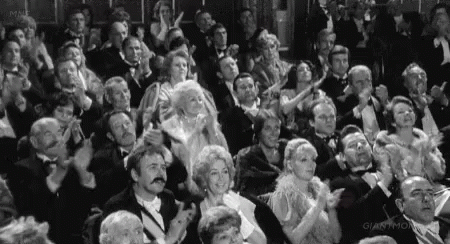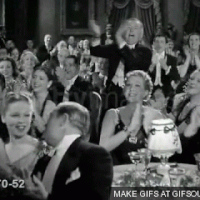
Set down in the midst of decaying brick buildings, gaunt and crooked against the dawn, with their blind windows staring into it, this yard was uncanny in its desolation. You felt that no church-bells, or street-organs, or any homely, human sound could ever penetrate it.
The Plague Court Murders (1934) by Carter Dickson [John Dickson Carr] is the first in the Sir Henry (H. M.) Merrivale mysteries by the locked room master. It is a nice little puzzle with gothic and supernatural undertones and a thoroughly unpleasant villain. Merrivale comes into the story about mid-way. We begin with Ken Blake at his club. He is approached by an old friend, Dean Halliday, with an unusual request. He wants Blake to come with him that very night and join him at a vigil at a haunted house. The house in question belongs to Halliday's family and has a history of murder and death. It is said to be haunted by the ghost of the original owner, one Louis Playge who was a hangman and died in mysterious circumstances during the years of the Plague.
Halliday's aunt, Lady Benning, and fiancee Marion Latimer are devotees of a medium/psychic and are determined to hold a vigil in the house while Roger Darworth and his medium, a young boy named Joseph, work to purge the house of its ghosts. Halliday wants Blake's assistance to prove the psychic a charlatan and they both call upon Chief Inspector Masters of the Yard (who dabbles in the art of exposing psychic fakes himself) to lend a hand. Meanwhile, the Playge Dagger--originally belonging to the hangman and donated by the Halliday family to a London Museum--has been stolen.
During the vigil, Halliday, his aunt, fiancee and her brother Ted, and Major Featherton (family friend) stay together in a room while Darworth is installed in a lonely stone building in the courtyard. The door is locked (both outside and in), the widows are closely barred, and surrounding the building is about thirty feet of smooth mud. And, yet, during the night Darworth will apparently be stabbed to death by a ghostly hand wielding the missing Playge Dagger. Masters is sure it's murder by a human hand, but can't see how the thing was done. Locked room expert, Sir Henry Merrivale is pressed into service "one more time" to show them all how it was done.
I enjoyed the atmosphere of this one--especially with all the details from the years of Louis Playge. It gave the story a nice ghost-story feel. Of course, H.M. dumps cold water on the idea that any supernatural forces are at play, but the build-up to the murders is very nicely done. The plot is not quite a smoothly polished as later Dickson novels will be, but it still a clever puzzle and Dickson manages to show you how it was done while firmly telling you that it couldn't have been done that way. Nobody says you have to believe characters implicitly when they tell you things....★★★ and 3/4.
For more reviews of The Plague Court Murders please check out the following blogs:
Brad @ Ah Sweet Mystery Blog
Ben @ The Green Capsule
Les @ Classic Mysteries
************
Deaths = four (three shot; one burned to death)
Vintage Extravaganza Gold: Rule #2 Supernatural elements
Calendar of Crime: May (Pub Month)
PopSugar: Recommended by favorite blog(s)-- Les @ Classic Mysteries; Brad @ Ah Sweet Mystery Blog; Ben @ The Green Capsule; The Grandest Game
Pick Your Poison: Hidden--Author uses pseudonym
First Line: Old Merrivale, that astute and garrulous lump who sits with his feet on the desk at the War Office, has been growling again for somebody to write the story of the Plague Court murders; chiefly, it is believed, to glorify himself.
[Halliday] had sobered down, but he still had enough of the old humorous devil to make him good (sometimes dangerous) company. He had seen men and places. He had acquired a tolerant droop of the eyelid. Also, there was about him a certain fresh vitality and frankness which must have disturbed the somnolent air around Lancaster gate. You liked his grin. He was very fond of beer, detective stories, and poker. (p. 9)
Wait a bit, though. Is that facts--you know what I mean: hard, absolute, really 'appened facts, that no counsel could shake--or is it only more impressions? You'll admit that you've had a lot of those impressions, you know. (Chief Inspector Masters; p. 77)
Well, sir, I've generally discovered that a hunch is what you call an idea that you're afraid is wrong. (Detective Sergeant Bert McDonnell; p. 145)
Tut, tut. That's not fair detective-fiction, to go and dump down a mere name, somebody we haven't seen and that ain't connected with the business. (Sir Henry Merrivale; p. 170)
Last Line: "She died in the right place, son. She and Louis Playge--they both belong there."














